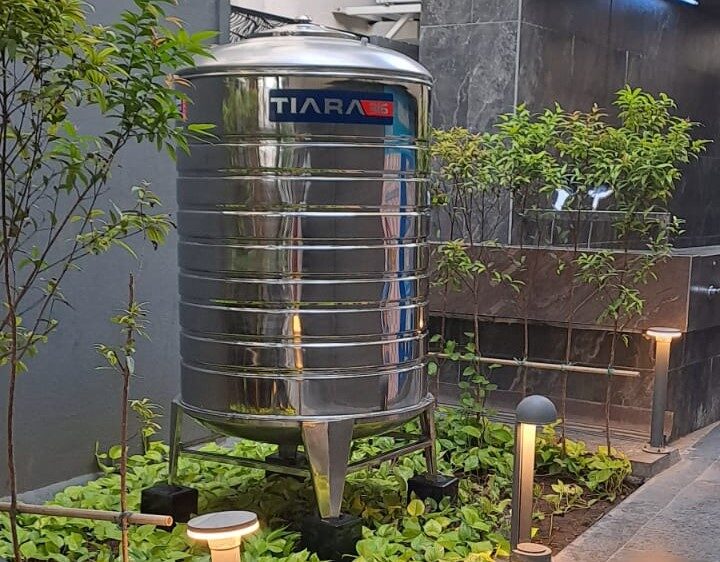
In the rapidly evolving landscape of India’s healthcare sector, the quality of water storage systems plays a crucial role in ensuring patient safety and hygiene. Among various options available, stainless steel water tanks have emerged as a preferred choice for healthcare facilities across the country. This article explores the reasons behind the growing popularity of stainless steel water tanks in Indian hospitals and clinics.
Durability and Longevity
Stainless steel is well-known for its exceptional durability. Unlike conventional materials like plastic or mild steel, stainless steel is resistant to corrosion, rust, and wear. This characteristic is particularly vital in healthcare settings where water tanks are exposed to varying temperatures, humidity, and other environmental factors. Stainless steel tanks can withstand these conditions without degrading, ensuring they remain functional and safe over the long term. This longevity not only reduces replacement costs but also minimizes maintenance efforts, making them a cost-effective solution for healthcare facilities.
Hygiene and Safety
In healthcare, maintaining a sterile environment is non-negotiable. Stainless steel tanks offer a high level of hygiene due to their non-porous surface, which prevents the accumulation of dirt, bacteria, and other harmful microorganisms. Unlike plastic tanks, which can harbor bacteria within their porous structures, stainless steel allows for easy cleaning and sanitization. This quality is crucial for preventing waterborne infections and ensuring that the water supply used for patient care, procedures, and sanitation remains uncontaminated.
Temperature Regulation
Another advantage of stainless steel is its ability to regulate temperature effectively. This is essential in healthcare facilities where the quality of water can be affected by external temperatures. Stainless steel tanks can help maintain water at a stable temperature, which is important for various medical applications, including surgeries and other procedures that require specific water temperatures. The insulation properties of stainless steel ensure that the water remains at optimal temperatures, thereby enhancing the efficacy of medical treatments.
Environmental Sustainability
As India struggles with environmental challenges, healthcare facilities are actively looking for sustainable solutions. Stainless steel is an eco-friendly choice for water storage as it is 100% recyclable. By opting for stainless steel tanks, healthcare providers can contribute to reducing waste and minimizing their carbon footprint. This commitment to sustainability not only aligns with global health initiatives but also enhances the reputation of healthcare facilities as responsible institutions.
Cost-Effectiveness
While the initial investment for stainless steel water tanks may be higher compared to plastic alternatives, the long-term savings they provide are significant. Their durability means fewer replacements and repairs, leading to reduced lifecycle costs. Additionally, the energy efficiency associated with maintaining water temperature and the minimal maintenance required further contribute to their overall cost-effectiveness. For healthcare facilities operating on tight budgets, investing in stainless steel tanks can prove to be a wise financial decision.
Compliance with Regulations
Healthcare facilities in India are required to adhere to strict regulations regarding water quality and storage. Stainless steel water tanks meet these stringent standards, ensuring that they comply with health and safety regulations. Their use can help healthcare providers avoid potential legal and financial repercussions associated with water contamination, further solidifying their place as a reliable option for water storage.
Aesthetic Appeal
Beyond their functional benefits, stainless steel water tanks also offer an aesthetic advantage. Their sleek, modern appearance fits well within the professional environment of healthcare facilities. An aesthetically pleasing infrastructure can enhance the overall patient experience, fostering a sense of trust and care.
Conclusion
In conclusion, stainless steel water tanks stand out as an ideal solution for India’s healthcare facilities, combining durability, hygiene, temperature regulation, environmental sustainability, cost-effectiveness, regulatory compliance, and aesthetic appeal. As the demand for high-quality healthcare continues to grow, the adoption of stainless steel tanks is likely to rise, helping to ensure that facilities can provide safe and clean water for their patients and staff. By prioritizing reliable water storage solutions, healthcare providers can significantly enhance their operational efficiency and patient care outcomes.


